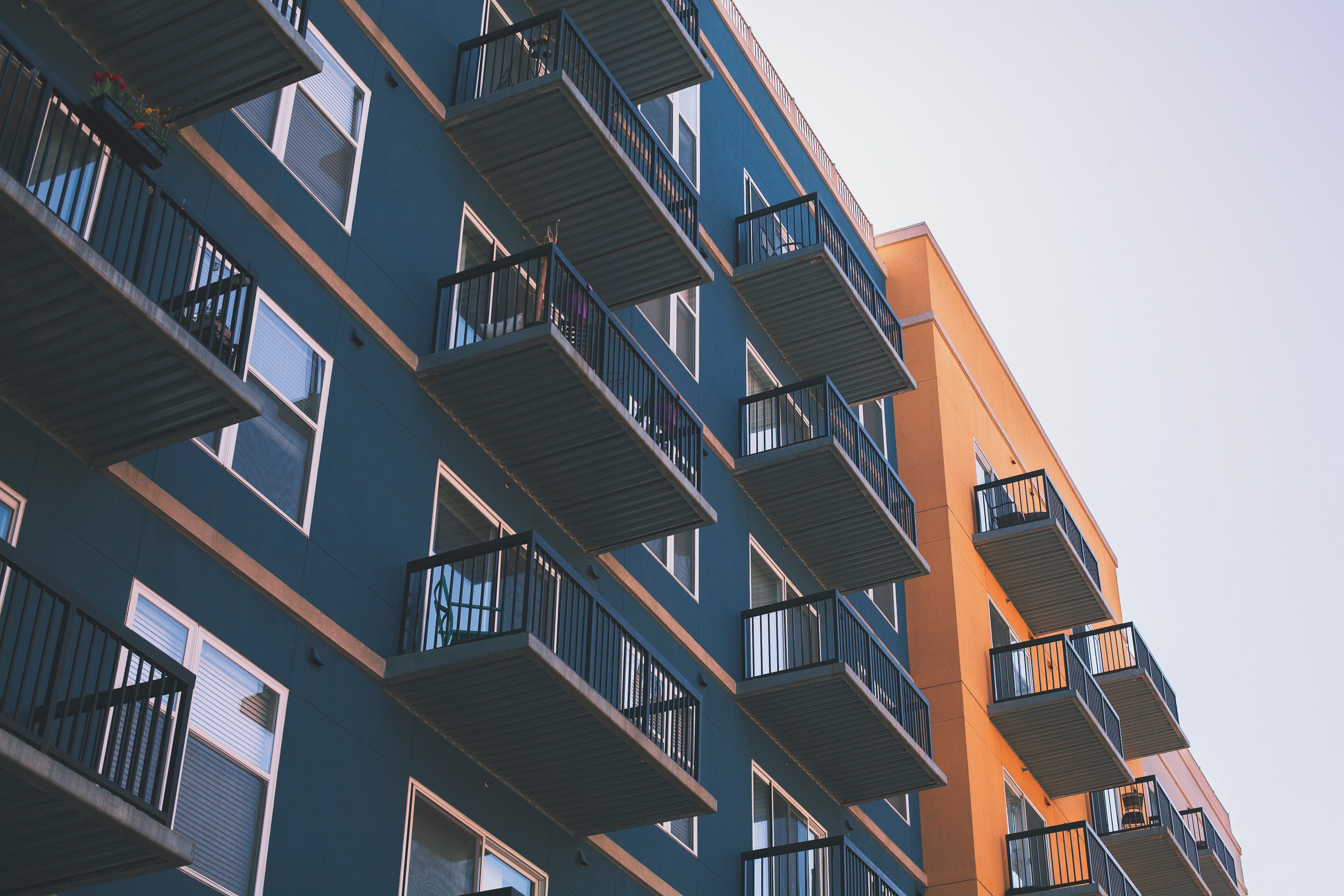If your damage is due to your own negligence you cannot blame the landlord. For example, your apartment is so filthy you’re sliding and falling on a pile of your own dirty clothes in your bedroom.
If you rent a property or flat and you slip and fall on the property of your landlord, indoor or outdoor, will you keep your landlord responsible for your injuries? The solution depends on when you fall, and why.
There are several kinds of cases where a resident gets injured during property rentals. It is important to note if a landlord or apartment building has lodged a claim for “negligence,” you must prove that the obligation of “fair treatment” has been overlooked.
It ensures that in order to be found liable the landowner must have real or meaningful information on the existence of the dangerous situation.
Landlords have a duty to keep their assets reasonably safe, and if they refuse to do so and incur a tenant’s harm, they may be held liable at the premises. To see if you have the basis for a lawsuit, you can speak with an accomplished personal injury specialist.
Types of Claims against Landlords for Injuries caused by Rental Properties
Tenants may get injured if they slip and fall on the property of the landlord in a dangerous situation-but only in such conditions. Can include slipping and falling in open areas (rooms where all residents are allowed as hallways, stairs, or meeting areas); slipping and falling through parking lots and sidewalks, or slipping and falling due to deficiencies inside the apartment or rental property.
Other cases include a hazardous condition on the property you warned the landlord about, such as missing railings or cracked stairways. If another tenant or criminal attacks you, that’s termed a “negligent security” case
Landlords can be held liable for tenants slipping on stairs or sidewalks and the potentially harmful parking lot. A landlord or apartment building owner can’t simply ignore the conditions of the staircase and hope to avoid liability. Affirmative action needs to be taken — a landowner has a general obligation to maintain the property in a fairly safe state.
When to Sue a Landlord
When you sue your landlord it depends on the circumstances you sue. If you sue because your security deposit was withheld by the landlord then it makes perfect sense to file the court case after you move out. If you sue because the landlord refuses to perform repair work to make the unit sustainable, then sue while you have an active tenancy agreement makes more sense.
However, several states have statutes banning tenants from undertaking a punitive act in response to a homeowner taking a lawfully permissible action, such as getting the landlord to court. You have to be mindful that there is a property damage limitation provision for how much time you get to sue your landlord following the crash. Laws are extremely complex.
Reasons You Can Sue Your Landlord
Once again, unique state regulations will come into effect. In addition, for the reasons listed you may be able to bring a complaint against your landlord.
Unit Is Uninhabitable:
If your landlord wants to make changes that will impact your health and safety, you can pursue legal action. For example, you don’t have hot water, your heat doesn’t work in the winter, or you’re getting a mold problem or the possibility of lead paint.

In this case, before you file a complaint against the landlord, you generally have the option of notifying the landlord that you would withdraw the rent or move out of the unit if they do not address the problem
You were not reimbursed for service by Landlord:
If a landlord failed to perform a repair that threatened health and safety, or declined to do it within a fair period of time, unless you directly paid someone else to do the repair, you can sue your landlord for getting the money you spent out of your own wallet as well as for potential penalties.
Illegally Keeping Your Security Deposit:
The landlord-tenant legislation in each state outlines particular purposes a property owner can take deductions from the security deposit. If a landlord made a deduction for a cause that is not lawfully permitted or that was not explicitly decided in advance, such as regular wear and tear on the premises, then maybe you could bring your landlord to court.
You may still file a suit if the landlord has actually not paid or removed the security deposit, and you wrongly claim that you have broken your lease conditions.
Injury at the rental property:
If you are hurt at the rental property because of a landlord’s negligence, you may have a basis for a claim against your lender. You slip and fall, for instance, since there is no constitutionally necessary banister in the stairwell. If your damage is due to your own negligence you cannot blame the landlord. For example, your apartment is so filthy you’re sliding and falling on a pile of your own dirty clothes in your bedroom.


Join the conversation!